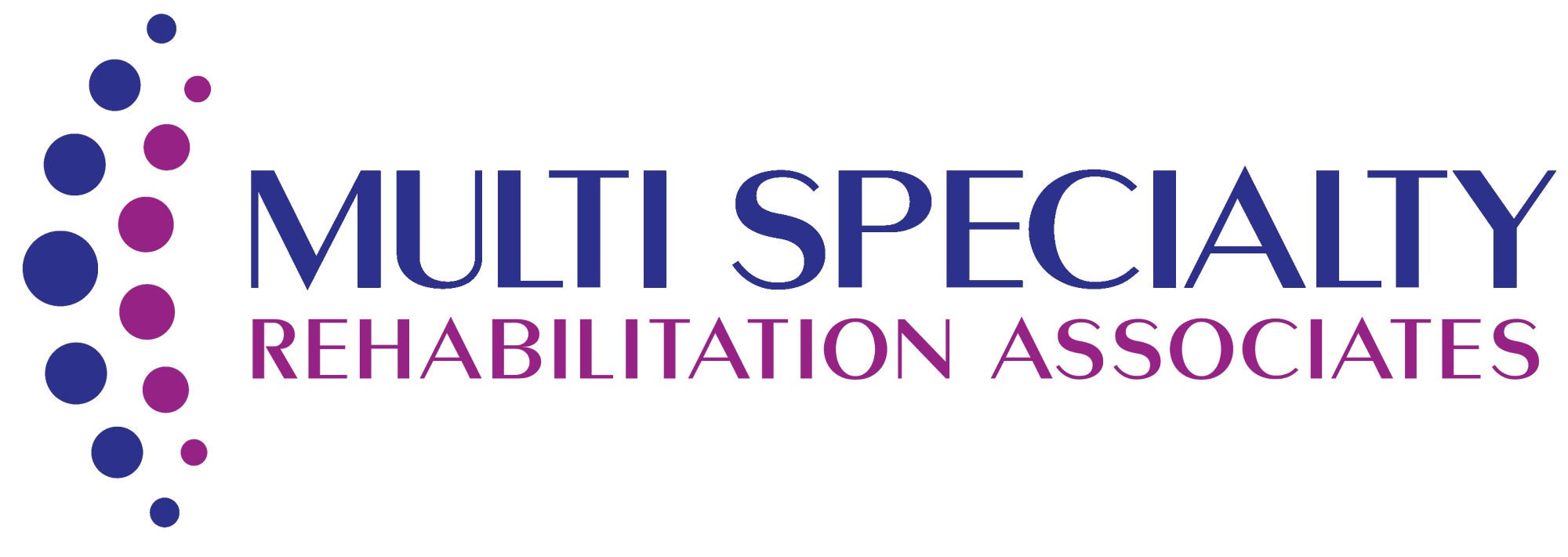(FAQ) About Worker's Compensation
What is Workers' Compensation?
Workers’ Compensation (Workers’ Comp) is a state-mandated insurance program that provides benefits to employees who suffer work-related injuries or illnesses. It covers medical expenses, rehabilitation costs, and lost wages during the recovery period.
Who is eligible for Workers' Compensation?
All employees who experience work-related injuries or illnesses are generally eligible for Workers’ Compensation benefits, regardless of who was at fault. Independent contractors, volunteers, and certain types of temporary workers may not be covered depending on state laws.
What types of injuries or illnesses are covered under Workers' Comp?
Workers’ Compensation covers injuries that occur while performing job duties, such as:
- Accidents (slips, falls, or equipment malfunctions)
- Repetitive stress injuries (e.g., carpal tunnel syndrome)
- Work-related illnesses (e.g., exposure to hazardous chemicals) Mental health conditions resulting from work-related stress may also be covered in some cases, but they often require additional proof.
What should I do if I get injured at work?
- Report the injury to your employer as soon as possible. Most states have deadlines for reporting injuries.
- Seek medical treatment immediately and follow the prescribed treatment plan.
- File a Workers’ Comp claim with your employer’s insurance company to begin the process of receiving benefits.
What benefits are provided by Workers' Compensation?
- Medical expenses: Coverage for treatment related to the injury or illness.
- Lost wages: Compensation for a portion of wages lost due to inability to work.
- Rehabilitation: Physical therapy or vocational training to help you return to work.
- Permanent disability benefits: If you are permanently unable to return to work.
- Death benefits: Provided to dependents if a work-related injury or illness results in death.
How long do Workers' Comp benefits last?
The duration of Workers’ Compensation benefits varies based on the severity of the injury and state laws. Temporary benefits are available until the worker is able to return to work. Permanent disability benefits may be available for life, depending on the injury and state regulations.
Can I choose my own doctor for treatment?
This depends on your state’s Workers’ Compensation laws. Some states allow you to choose your own doctor, while others require you to see a physician from a network approved by your employer’s Workers’ Comp insurance provider.
Can I be fired for filing a Workers' Compensation claim?
It is illegal for an employer to retaliate against an employee for filing a Workers’ Compensation claim. This includes firing, demotion, or any other form of retaliation. If you believe you’ve been retaliated against, you may have grounds for a wrongful termination claim.
What if my Workers' Compensation claim is denied?
If your claim is denied, you have the right to appeal the decision. The appeals process varies by state but typically involves filing a petition with the state’s Workers’ Compensation board or commission. You may want to consult a Workers’ Compensation attorney to guide you through the appeal.
Can I receive Workers' Compensation benefits if I’m at fault for my injury?
Yes, Workers’ Compensation is a no-fault system, meaning benefits are generally available regardless of who was at fault for the injury. However, exceptions exist for injuries resulting from employee misconduct (e.g., intoxication or intentional harm).
How long do I have to file a Workers' Comp claim?
The deadline for filing a Workers’ Compensation claim varies by state, but it’s crucial to file as soon as possible. In many states, you must report the injury to your employer within a few days and file a claim within a year.
Are Workers' Compensation benefits taxable?
In most cases, Workers’ Compensation benefits are not subject to federal or state income taxes. However, if you receive Social Security Disability Insurance (SSDI) in addition to Workers’ Comp benefits, your SSDI payments may be reduced.

